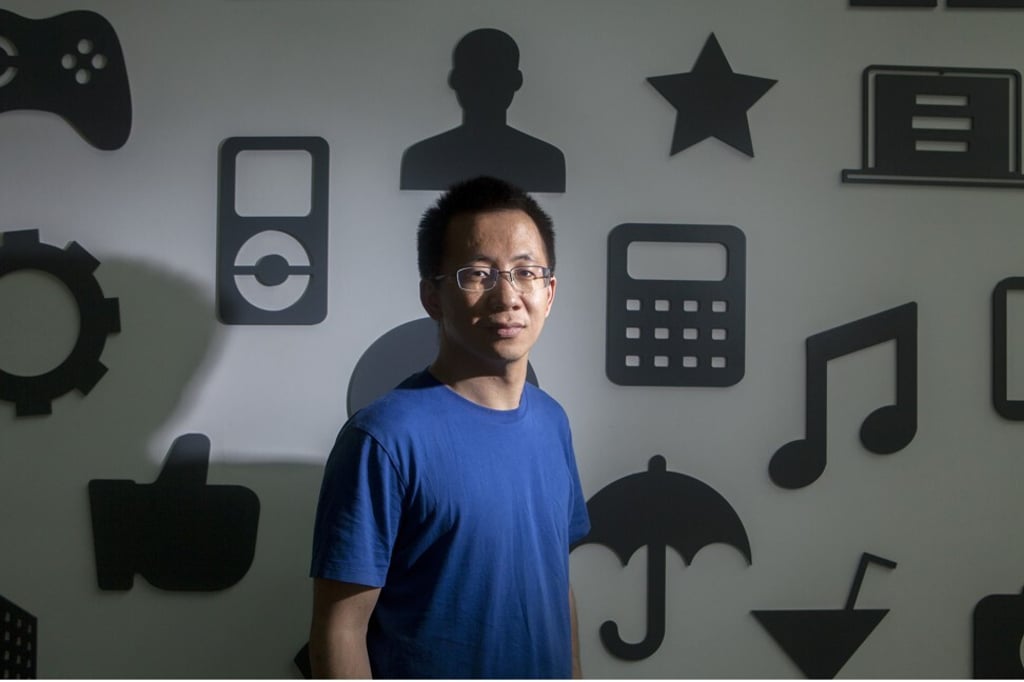TikTok owner ByteDance launches global hiring spree in middle of coronavirus tumult
- ByteDance expects to have roughly the same number of employees as Alibaba by the end of this year
- The world’s most valuable tech start-up has kicked off a global recruitment programme to fill 40,000 new jobs

ByteDance, owner of the hit short video app TikTok, has just kicked off a wave of hiring it envisions hitting 40,000 new jobs in 2020, hoping to match Alibaba Group Holding’s payroll at a time technology companies across the globe are furloughing or reducing staff.
The world’s most valuable tech start-up is recruiting people for 10,000 open positions, of which about a third are high-level research or software coding jobs, according to an internal website provided to staff for referrals and shared with Bloomberg.
Representatives of Beijing-based ByteDance did not immediately respond to requests for comment.
New hires around the globe will support its universe of apps from TikTok to the Chinese news aggregator Jinri Toutiao, while strengthening Bytedance’s operations in new arenas such as e-commerce and gaming.
It marks the first salvo of ByteDance’s goal to reach 100,000 staff globally by the end of this year, outlined by chief executive Zhang Yiming in an internal memo last month.

Once completed, the company will boast roughly the same number of employees as Alibaba. E-commerce giant Alibaba is the parent company of the South China Morning Post.